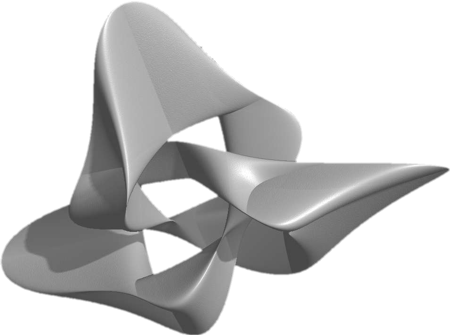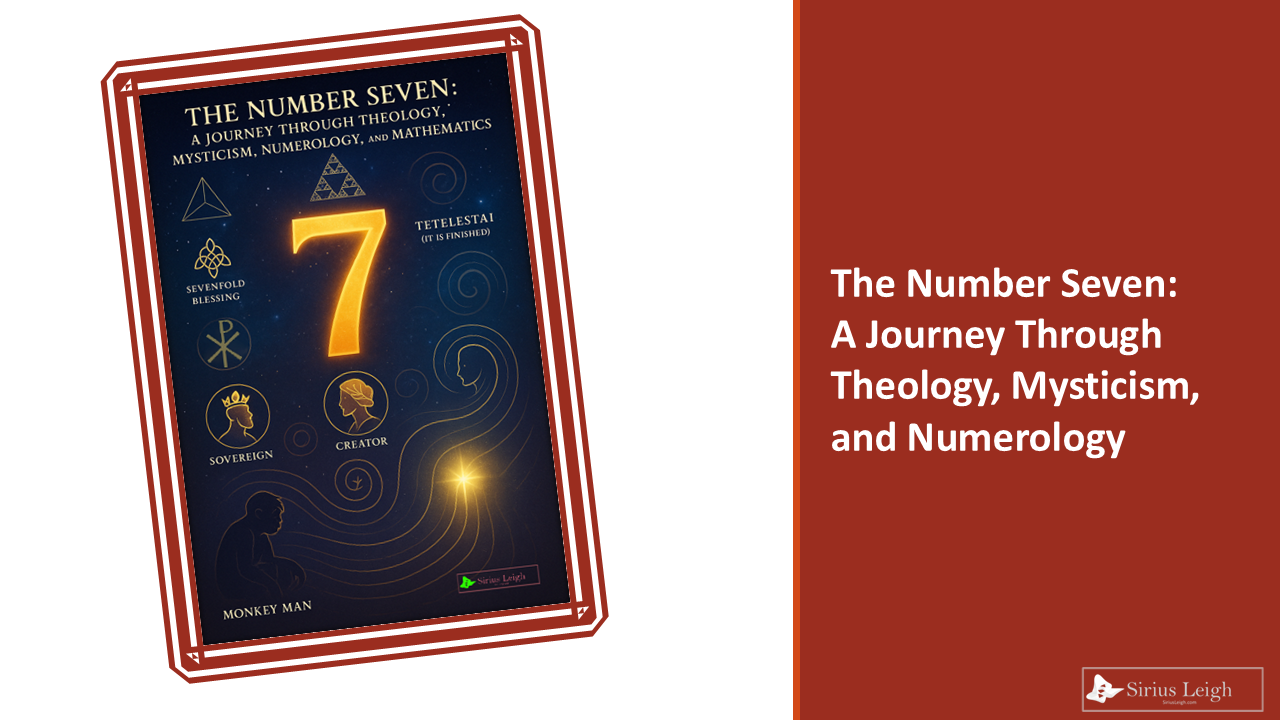
Mathematics and the Divine
The Spiritual Worlds of Great Mathematicians
Mathematics is often portrayed as a realm of cold logic: precise, detached, and immune to the mysteries of spirit or emotion. Yet this perception erases a rich and revealing truth: much of the mathematics that now undergirds our scientific and technological world was born not in sterile laboratories but in moments of awe, intuition, and reverence. Many of the mathematicians whose work forms the backbone of modern thought were not merely problem-solvers, they were seekers, mystics, and philosophers in dialogue with the Divine.
Throughout history, some of the greatest minds in mathematics have explored not just numbers but also the mysteries of existence, the universe, and the divine. Let’s examine the lives of key figures such as: Srinivasa Ramanujan, Isaac Newton, Leonhard Euler, Carl Friedrich Gauss, Al-Khwarizmi, and Fibonacci to see how spirituality influenced (or didn’t influence) their mathematical pursuits.
Looking at these figures, we see a spectrum of attitudes toward spirituality and mathematics. Some, like Ramanujan and Kepler, felt that their work was directly inspired by the divine. Others, like Gauss, kept their beliefs private and separate from their public work. Still others saw mathematics itself as a kind of spiritual practice. Spirituality and Mathematics: A Diverse Landscape
The mathematicians highlighted here represent a spectrum of spiritual engagement. Ramanujan and Al-Khwarizmi viewed their work as divinely inspired. Newton and Euler saw mathematics as a way to understand and glorify God. Gauss approached mathematics with quiet awe but kept his faith private.
Their stories show that, across cultures and centuries, mathematics has often served as both a tool of discovery and a bridge to deeper, sometimes spiritual, truths.
A way to touch the divine through reason and beauty.
Seeking the Infinite: Numbers Beyond Numbers
In the end, mathematics and spirituality share a common quest: to seek out deeper truths and uncover patterns that explain our world. Whether or not one believes these truths come from a higher power, the sense of wonder that drives great mathematicians is something that transcends equations. As we study their lives and works, we are reminded that curiosity, awe, and the search for meaning are universal human experiences whether they unfold on a chalkboard or in the soul.
When it comes to health-boosting superstars, omega-3 fish oil is a swimming success! Packed with essential fatty…
Explore the profound significance of the number seven in theology, mysticism, numerology, and mathematics. This reflective essay…


